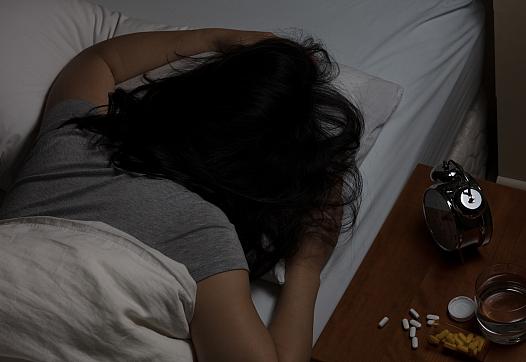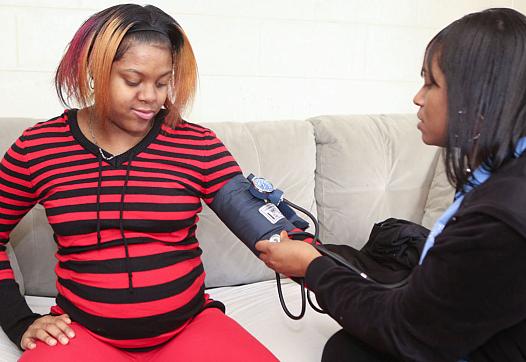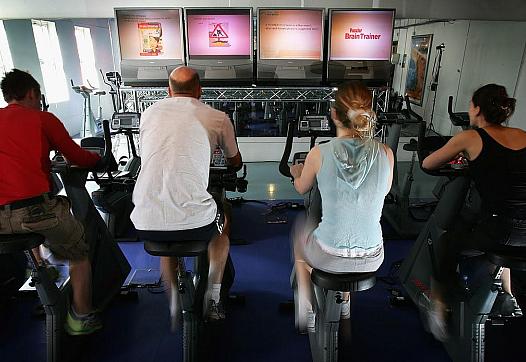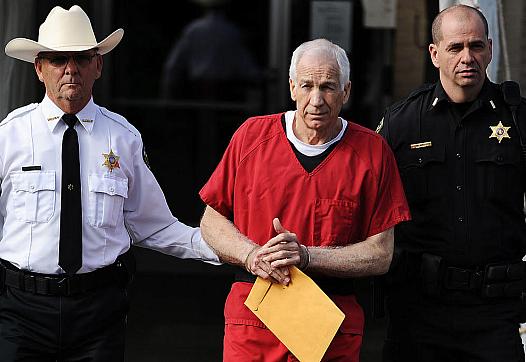
"Our health care system remains in a crisis," writes the CEO of Molina Healthcare. "Both the AHCA and the ACA only address the funding of health care and fail to tackle the troubling rate at which health care costs are rising."

"Our health care system remains in a crisis," writes the CEO of Molina Healthcare. "Both the AHCA and the ACA only address the funding of health care and fail to tackle the troubling rate at which health care costs are rising."
![[Cropped photo by Melissa Hillier via Flickr.]](/sites/default/files/styles/teaser_list_thumbnail_large/public/title_images/Cropped_paint.png?itok=akbC9D2w)
New research on lead's negative effects on IQ and class makes a brutal irony even clearer — lead is a lifelong disaster, particularly for poor children already facing serious disadvantages.

It’s often been called the worst drug crisis in American history, ravaging towns from coast to coast and killing more than 33,000 people in 2015. This webinar will explain and offer reporting and storytelling approaches for a new geography of addiction, with the opioid epidemic proving particularly

There is a bizarre paradox in the culture of medicine: The system generates more data than ever, but questionable priorities are limiting our ability to effectively use it.

"I’ve been startled to see the debate over the AHCA reignite a political philosophy and policy approach that seemed to be have been discredited — and be in sharp decline," writes former health care journalist Michael Millenson.

This series was produced as a project for the University of Southern California Center for Health Journalism's National Fellowship.
Other stories in the series include:
Fort Wayne, Ind. mom shares tragic story of losing baby
In Indianapolis, a baby dies every 3 1/2 days

The death certificate helps tells a fuller story of Bill Paxton’s final days. Reporters should make a habit of seeking them out, since they can be revealing repositories of information.

The trend towards putting responsibility for one’s health squarely on the shoulders of individuals lets the government off the hook for its part in looking after its citizens, argues sociologist Shelly Reuter.

The tendency to blame the patient in the wake of deaths or complications often serves to obscure mistakes made by health care providers.

Are broad mandatory reporting requirements in cases of suspected child abuse good policy, or just good politics? Critics contend they can let real abuse cases fall through the cracks.